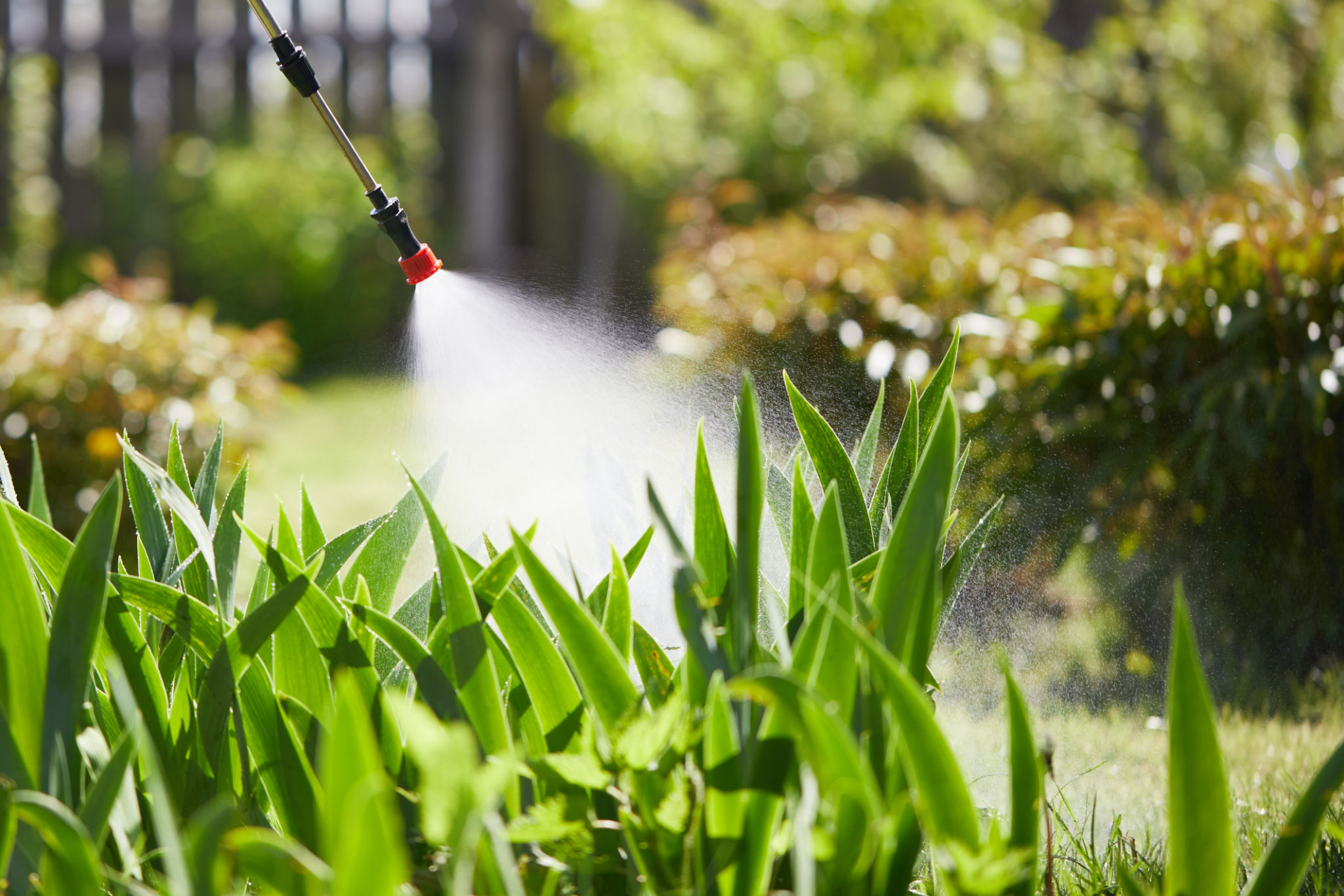Eco-Friendly Pest Control Solutions in Ontario's GTHA Area: What You Need to Know
Understanding Eco-Friendly Pest Control
As awareness about environmental issues continues to grow, more residents in Ontario's Greater Toronto Hamilton Area (GTHA) are seeking eco-friendly pest control solutions. These methods not only protect the local ecosystem but also ensure the safety and well-being of families and pets. But what exactly does eco-friendly pest control mean, and how can it be effectively implemented?
Eco-friendly pest control focuses on using methods and products that minimize harm to the environment. This often involves natural and biological techniques instead of chemical pesticides. The aim is to manage pest populations without causing unintended damage to non-target species or the surrounding ecosystem.

Benefits of Eco-Friendly Approaches
Adopting eco-friendly pest control solutions offers numerous advantages over traditional methods. Firstly, these practices reduce the risk of exposing humans and pets to harmful chemicals. This is especially important in residential areas where children and animals might come into contact with treated surfaces.
Additionally, eco-friendly pest control supports biodiversity by protecting beneficial insects like pollinators, which are essential for a healthy environment. It also helps prevent chemical runoff that can lead to contamination of local water sources. By choosing sustainable practices, residents contribute to a healthier community and planet.
Common Eco-Friendly Techniques
A variety of eco-friendly techniques can be employed to control pests effectively in the GTA. Here are some popular methods:
- Biological Control: Using natural predators or parasites to control pest populations.
- Botanical Pesticides: Derived from plants, these pesticides break down quickly and are less harmful.
- Physical Barriers: Installing screens, nets, or traps to prevent pests from accessing certain areas.

Integrated Pest Management (IPM)
Integrated Pest Management (IPM) is a comprehensive approach that combines multiple strategies to manage pests sustainably. It involves monitoring pest populations, setting action thresholds, and implementing targeted interventions only when necessary. IPM prioritizes non-chemical methods and uses pesticides as a last resort, ensuring minimal environmental impact.
This method is particularly effective in urban areas like the GTHA, where diverse ecosystems exist alongside human communities. By tailoring solutions to specific environments, IPM provides long-term results while maintaining ecological balance.
Choosing the Right Service Provider
Selecting an eco-friendly pest control service provider is crucial for achieving effective results. Look for companies that prioritize sustainability and have certifications or memberships with recognized environmental organizations. They should offer transparent information about their methods and products, ensuring they align with your values.

It's also beneficial to read reviews and seek recommendations from friends or neighbors who have successfully used eco-friendly pest control services. A reputable provider will conduct thorough assessments of your property and offer personalized solutions tailored to your needs.
At Pest Troopers Inc., serving the Greater Toronto and Hamilton Area (GTHA) and South Simcoe Region, we’re committed to transparency, sustainability, and superior service. Our team clearly communicates the methods and materials we use—ensuring they align with your values while effectively protecting your property.
Conclusion
Eco-friendly pest control is a vital part of protecting both your home and the environment across Ontario’s Greater Toronto and Hamilton Area (GTHA) and the South Simcoe Region. By understanding the benefits of green pest management, implementing proven techniques, and partnering with the right professionals, residents can effectively control pests without compromising health or sustainability. At Pest Troopers Inc., we’re proud to offer safe, eco-conscious solutions that support a cleaner, greener future—one pest-free property at a time.
